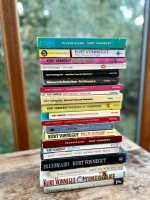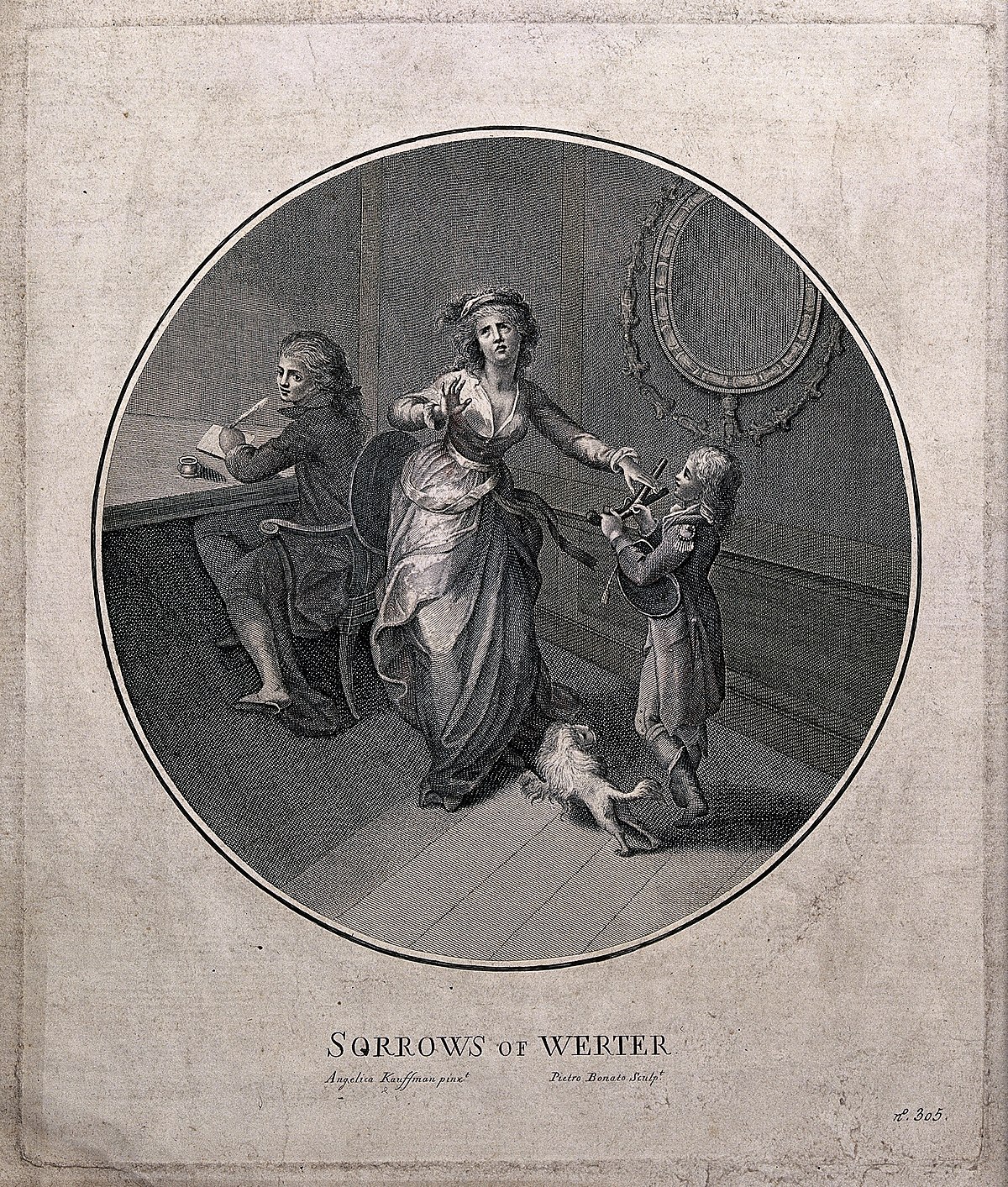Walking seems effective - haven't tried that myself. I wouldn't have much space to, unless I went outside somewhere, so I'd just be pacing around inside, which may still be effective.
I do it inside. I don't do it often though, I mostly sit down. if I'm reading something at the computer, I'll get up and walk around and stuff and keep coming back to it.


